The Impact of Short-Term Rentals like Airbnb on Rural America: Opportunities and Challenges
Over the past decade, short-term rental platforms such as Airbnb have overturned the travel and accommodation industry, providing tourists with unique stays in local homes rather than traditional hotels. While much of the conversation around short-term rentals has focused on urban markets, its growing presence in rural America is reshaping local economies, cultures, and housing dynamics. As rural planners and communities seek ways to adapt to this new reality, it’s crucial to consider both the benefits and challenges short-term rentals present to small towns and rural areas.
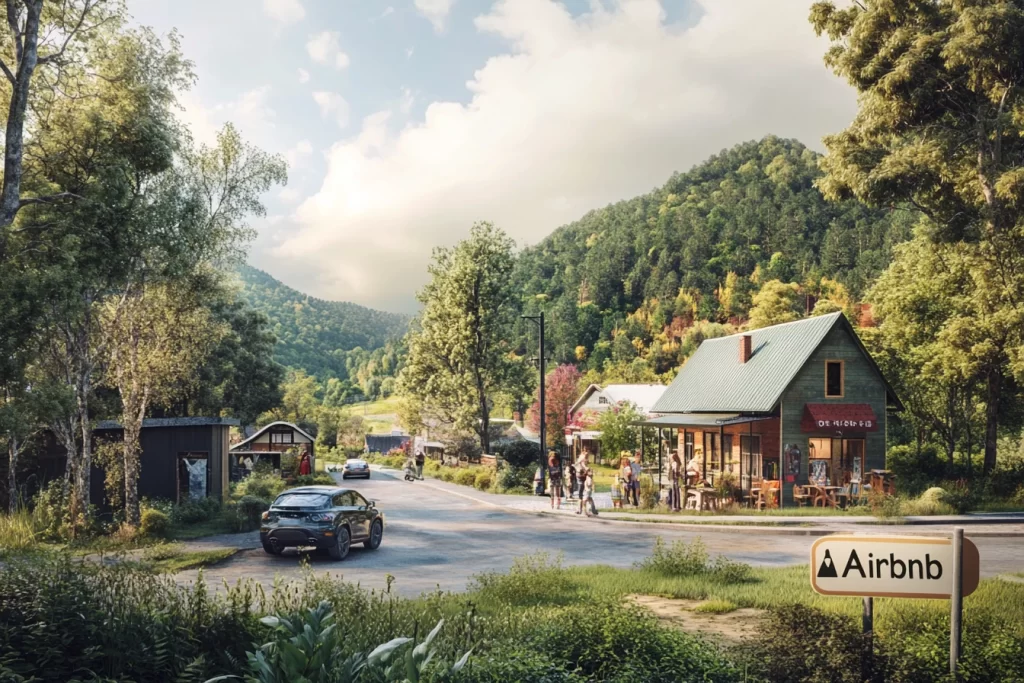
Opportunities for Rural Communities
Services like Airbnb and VRBO have brought tourism to parts of rural America that may have been once overlooked by travelers. For many small towns and rural regions, these platforms represents a chance to showcase their overlooked natural beauty, rich cultural heritage, and local traditions. An influx of tourists can stimulate local economies, creating new opportunities for small businesses, artisans, and local service providers.
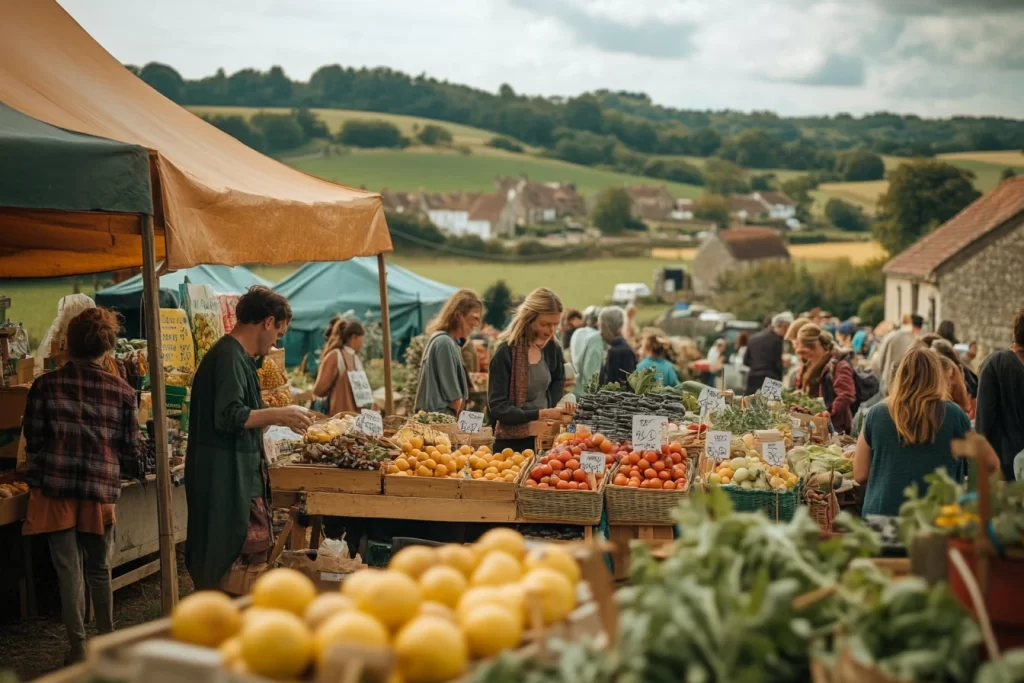
Boosting Local Economies
The most immediate benefit of short-term rentals in rural areas can be the economic boost it brings to local communities who have been overlooked by corporate hotel chains. With an increase in visitors, local businesses such as restaurants, shops, and tour operators see a rise in demand. Small towns that once struggled to attract tourists are now able to tap into a global market of travelers seeking unique, off-the-beaten-path experiences.
Airbnb allows local homeowners to generate additional income by renting out their properties. In areas where jobs and economic opportunities may be limited, or where seasonal homes sit vacant much of the year, this extra income can make a significant difference in household finances. Some rural property owners are turning their properties into full-time Airbnb rentals, creating small businesses centered around hospitality.
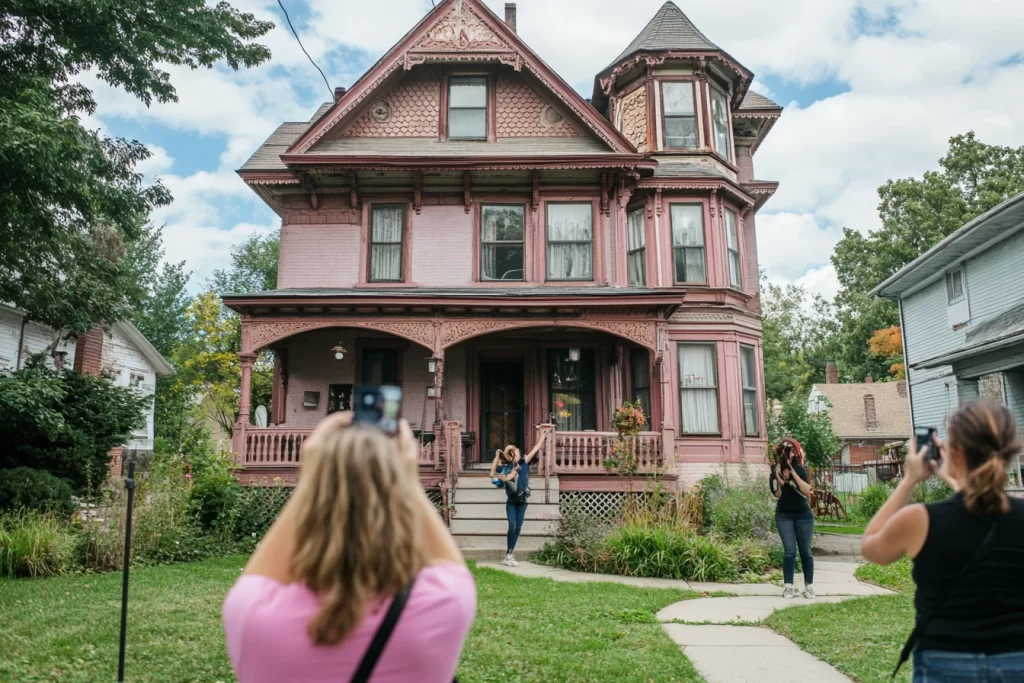
Revitalizing Declining Communities
In some rural areas, population decline and economic stagnation have led to a decrease in housing demand and the deterioration of old homes. By converting these homes into Airbnb or VRBO rentals, rural communities can breathe new life into neglected properties, preserving architectural heritage while attracting new visitors. This process can help revitalize small towns, promoting local pride and investment in community infrastructure.
Challenges and Concerns for Rural Places
While short-term rentals offer many opportunities, they also present significant challenges that rural planners and local governments must address. Without careful planning, the rapid growth of short-term rentals in rural areas can lead to unintended consequences, particularly around housing availability and affordability, infrastructure, and community identity.
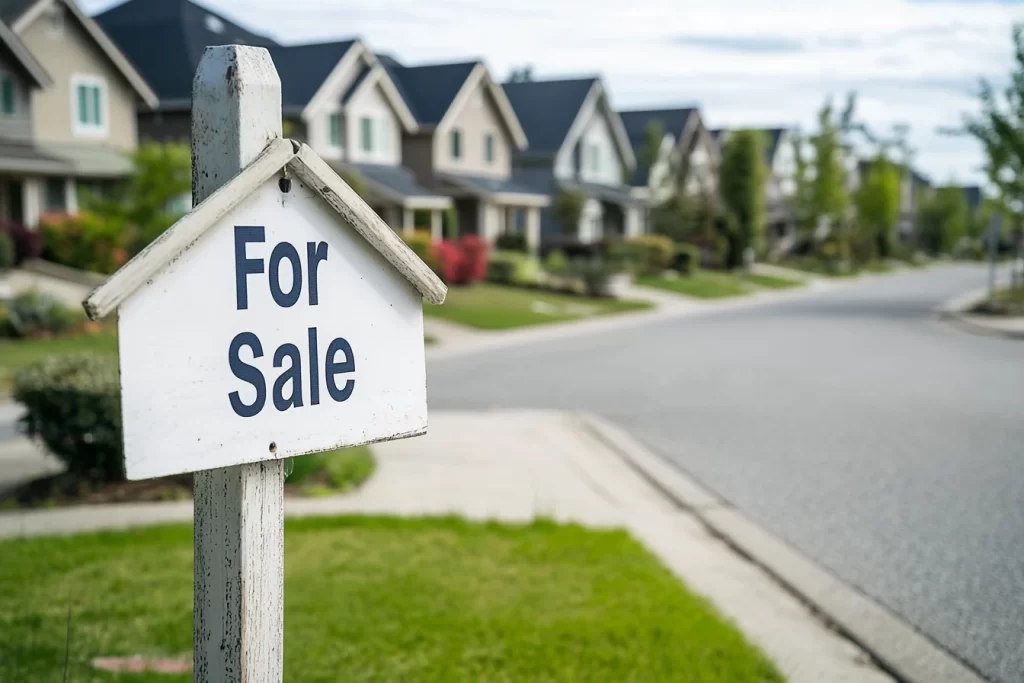
Housing Affordability and Availability
One of the most pressing concerns is the impact of short-term rentals on local housing markets. As property owners shift from long-term rentals to more lucrative short-term Airbnb listings, housing availability for local residents can become strained. In areas where housing is already limited, this can drive up property values and rental prices, making it more difficult for service workers and local families to find affordable housing. Short-term rentals also create increased public safety issues, noise complaints, and neighborhood conflicts.
For rural planners, the challenge lies in balancing the economic benefits of Airbnb with the need to ensure that local residents aren’t priced out of their communities. Some rural areas have begun implementing regulations to limit the number of Airbnb properties or require owners to live on-site, trying to make sure landlords are policing their own tenants and being good neighbors.
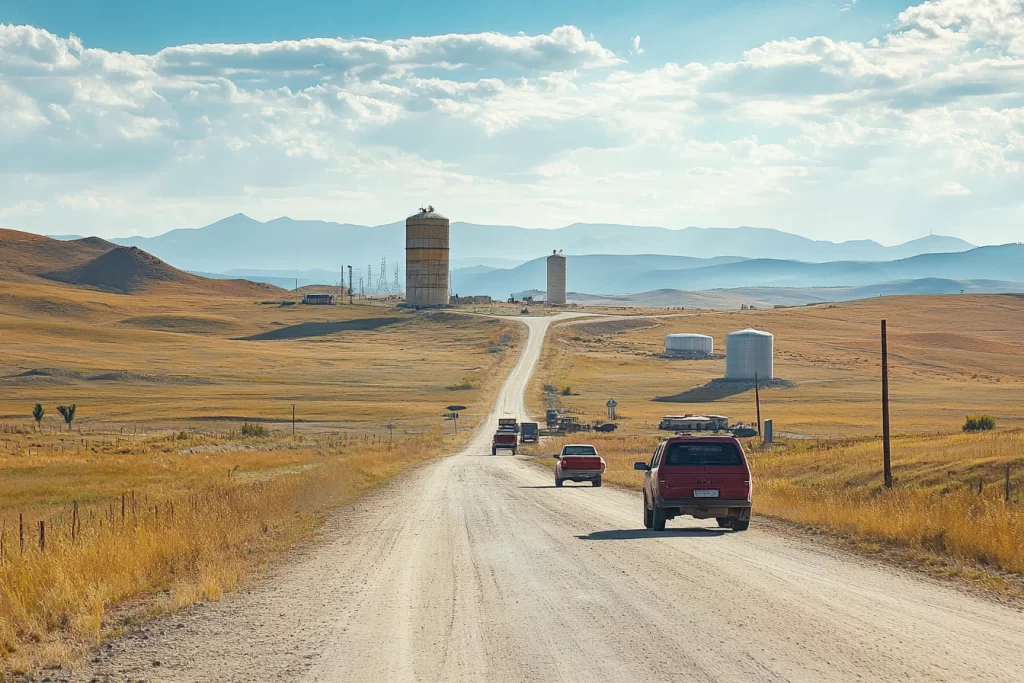
Strain on Infrastructure
In rural communities, infrastructure such as roads, water systems, and waste management is often designed to support a small, stable population. The influx of tourists staying in Airbnb rentals can put pressure on this infrastructure, leading to wear and tear that local governments may struggle to maintain. Rural planners must consider the long-term impact of increased tourism on local resources and plan for sustainable growth.
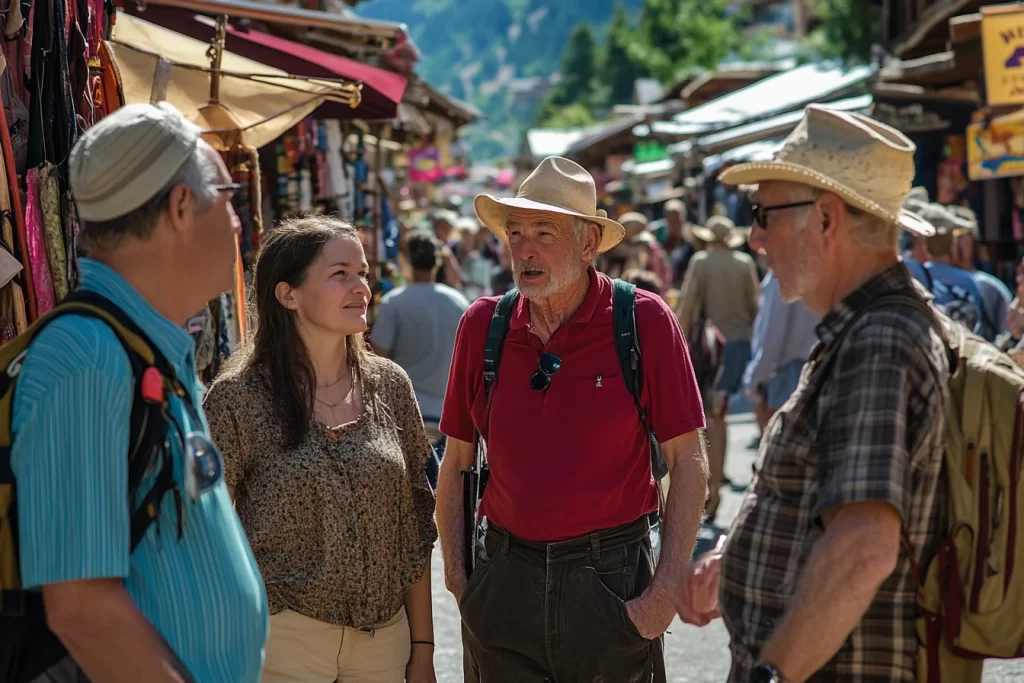
Cultural and Community Impacts
Rural America is often defined by its strong sense of community and deep-rooted traditions. The arrival of tourists through Airbnb can sometimes disrupt the social fabric of these small towns, particularly if the influx of visitors is not managed carefully. Rural planners need to work closely with local communities to ensure that the benefits of Airbnb are felt broadly and that the character of the town is preserved.
For some communities, there is a concern that the increase in short-term rentals will lead to “ghost towns,” where homes sit empty for much of the year, only coming to life during tourist seasons. This can weaken community bonds and create a sense of division between local residents and visitors.
The Role of Rural Planners in Managing Airbnb’s Impact
To harness the benefits of short-term rentals while mitigating challenges, rural planners must take a proactive role in shaping the future of Airbnb and VRBO in their communities. Effective planning can ensure that tourist housing contributes to sustainable economic growth without sacrificing the needs of local residents or the long-term viability of rural infrastructure.
Regulation and Zoning
One approach that rural planners can take is implementing clear regulations around short-term rentals. By establishing zoning laws that limit the number of Airbnb properties in certain areas or requiring that property owners live on-site, planners can help ensure that Airbnb doesn’t overwhelm the local housing market. Some communities have also introduced licensing systems or imposed occupancy taxes on Airbnb hosts, generating revenue that can be reinvested in local infrastructure and services.
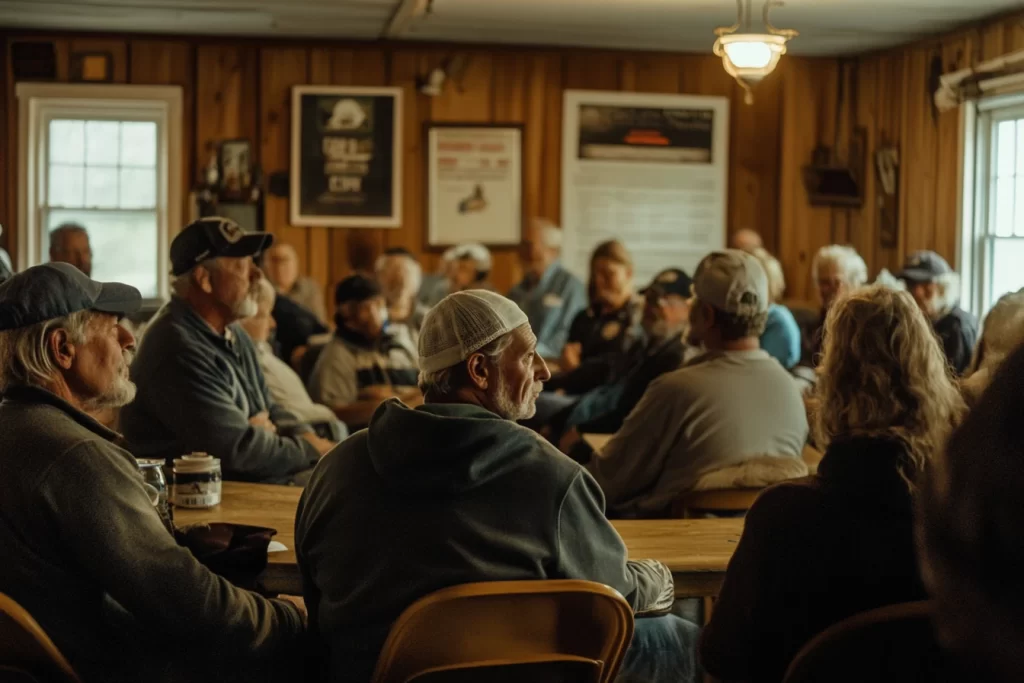
Community Engagement
Engaging the community in the planning process is crucial for managing the impact of Airbnb. Local residents should have a say in how short-term rentals are integrated into their communities, and planners should work to address concerns about housing, absentee landowners, infrastructure, or community character. By fostering an open dialogue between residents, property owners, and local governments, rural planners can create solutions that benefit everyone.
Promoting Sustainable Tourism
Finally, rural planners should focus on promoting sustainable tourism practices that protect local resources and minimize the environmental impact of increased tourism. This might include encouraging the development of eco-friendly accommodations, promoting responsible visitor behavior, and ensuring that tourist activity aligns with the community’s capacity and long-term goals.
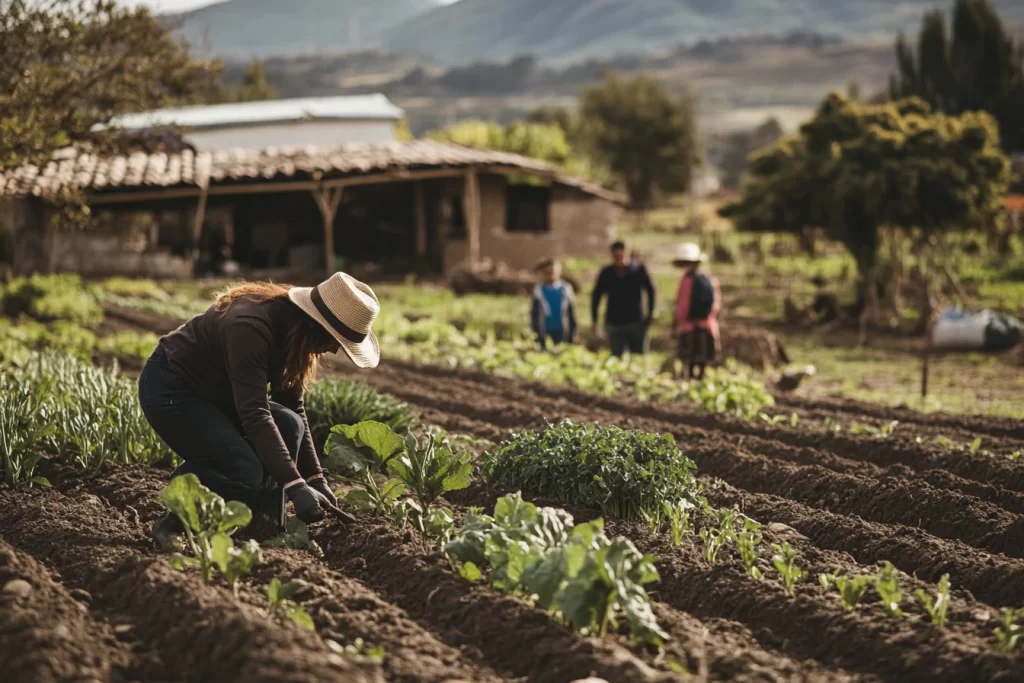
Conclusion: A Balanced Approach to Airbnb in Rural America
Short-term rentals have a potential to bring economic benefits to rural America, but the system must be managed carefully to avoid negative consequences for local communities. Rural planners play a critical role in shaping how short-term rentals like Airbnb and VRBO are integrated into their regions, ensuring that the opportunities for economic growth are balanced with the preservation of local culture, housing availability, and infrastructure sustainability.
With thoughtful planning and community engagement, Airbnb can become a valuable tool for revitalizing rural communities and promoting tourism, all while maintaining the unique character that makes rural America so special.
More information on the topic of short-term rentalsin Rural America:
On Economic Benefits of Airbnb:
- Airbnb Economic Impact Studies – Provides detailed reports on the economic impact of Airbnb in various regions, including rural areas.
On Rural Housing and Short-Term Rentals:
- National Low Income Housing Coalition – Offers insights into housing availability and affordability challenges in rural areas, including the impact of short-term rentals like Airbnb.
On Sustainable Tourism Practices:
- Sustainable Travel International – Offers guidelines and best practices for promoting sustainable tourism in rural communities.
On Rural Infrastructure Challenges:
- Review of the Challenges – Discusses infrastructure issues facing rural communities, including the strain from tourism and population changes.
On Local Communities and Airbnb Regulations:
Rental Revelations – Shares research and resources on local regulations for short-term rentals to protect community interests.
Another interesting Blogpost: Aging in Rural America

